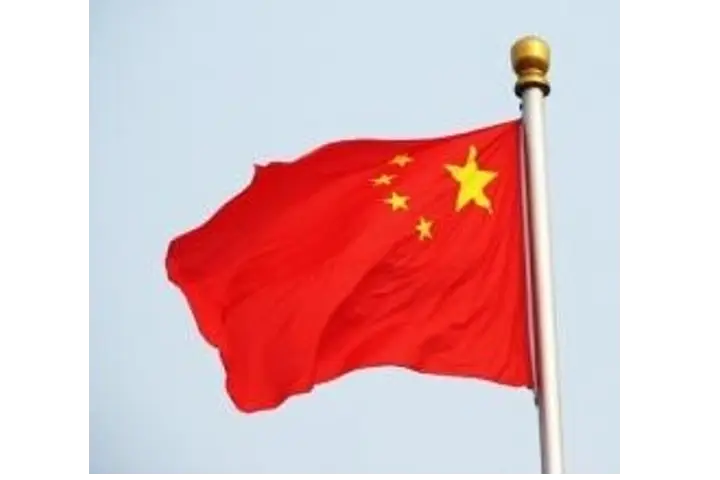

Representative Image
Independent journalist Gao Yu’s internet, landline, and cellular connections were severed by the Chinese authorities this week, the Committee to Protect Journalists (CPJ) reported.
This came after she published an article analyzing an Al Jazeera interview with Victor Gao, vice president of the Chinese think tank Center for China and Globalization.
Iris Hsu, CPJ’s China representative criticised the move and called for the restoration of Gao Yu’s communication services and the cessation of harassment through physical and digital surveillance.
“Chinese authorities must reinstate journalist Gao Yu’s internet and phone services and cease their harassment. Beijing’s overreach in controlling dissent reflects its insecurity and fear of critical reporting,” Hsu said.
According to the CPJ report, Gao informed that authorities have been pressuring her to close her account on X for years. She believes that her posts, including those sharing her articles, are the reason behind the disruption of her internet and phone access. Gao now has to use the internet from a friend’s house or a restaurant.
The report also noted that Beijing police instructed Gao to leave the capital from August 29 to September 9, coinciding with the Forum on China-Africa Cooperation, a major state-level economic conference. When Gao refused, the police informed her that they would take turns monitoring her home to prevent her from leaving, a tactic commonly used against dissidents in China.
Notably, Gao was sentenced to six years in prison in 1994 for “leaking state secrets” and was released on medical parole in 1999 after serving part of her sentence. In 2015, she was sentenced to seven years on the same charge, but this was later reduced to five years due to her deteriorating health, and she served the remainder outside of prison.
China’s repression of journalists involves arbitrary detentions, extensive surveillance, harsh penalties, forced self-censorship, severe reporting restrictions, and intimidation tactics that often extend to journalists’ families and associates.
Physical violence and harassment are also used to control information and silence dissent.
As India continues to get World support against the Pahalgam Terror attack that killed 26…
Union Minister of Industry and Supply Piyush Goyal on Saturday highlighted the success of a…
In a display of outrage following the Pahalgam terror attack, thousands from the Indian community…
In a continued crackdown following the Pahalgam terror attack, security forces and Jammu and Kashmir…
In a massive statewide crackdown, over 550 illegal immigrants from Bangladesh were detained in Ahmedabad…
The Deputy Chief of the Main Operations Directorate of the General Staff of the Russian…